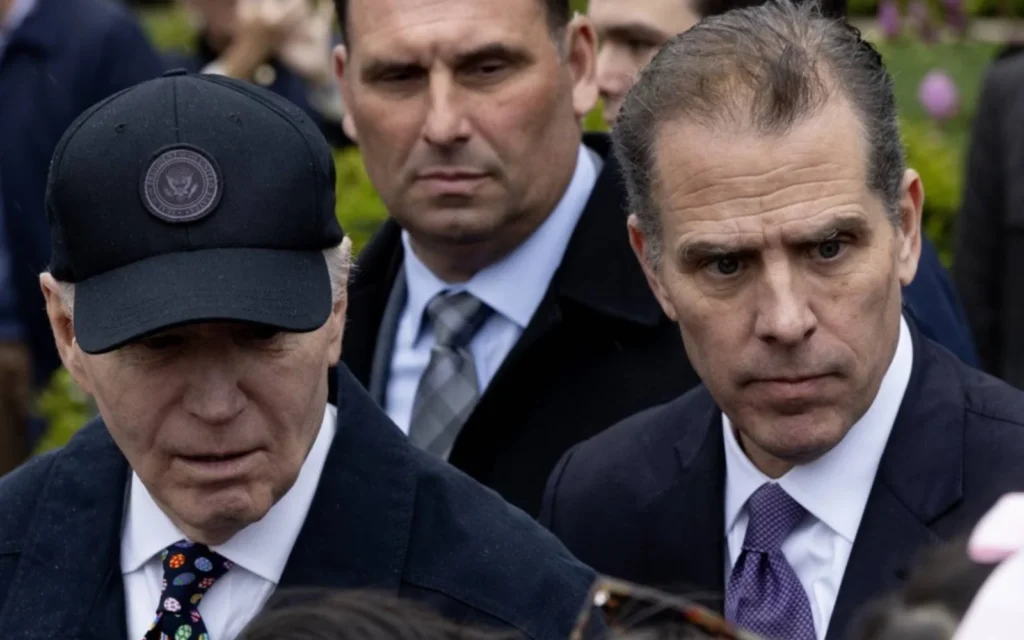During her congressional testimony on Wednesday, NPR CEO Katherine Maher admitted that her organization fell short in seriously covering the Hunter Biden laptop story during the 2020 election. Along with PBS CEO Paula Kerger, Maher was pressed by House Republicans on the newly formed Delivering on Government Efficiency (DOGE) subcommittee over accusations of biased news coverage supported by federal funding.
“I do want to say that NPR acknowledges we were mistaken in failing to cover the Hunter Biden laptop story more aggressively and sooner,” Maher told Rep. Michael Cloud, R-Texas. In a separate exchange with Rep. Brian Jack, R-Ga, she reiterated, “we made a mistake” by not covering the laptop story. Notably, Maher was appointed CEO of NPR in 2024, meaning she was not with the taxpayer-funded outlet when the story initially broke.
The New York Post’s explosive report on the laptop emerged during the heated 2020 election, when then-Democratic nominee Joe Biden was challenging President Donald Trump. The story exposed Hunter Biden’s international business dealings and hinted at possible involvement by his father, while the laptop also contained startling videos and photos of drug use and lewd behavior.
At the time, many mainstream media outlets criticized the report and even entertained claims that the laptop might have been part of a Russian disinformation campaign. NPR public editor Kelly McBride addressed a listener’s inquiry about the lack of coverage, noting that the Post’s reporting had numerous red flags, including potential Russian ties, and that the story’s claims were not deemed significant.
“We don’t want to waste our time on stories that are not really stories, and we don’t want to waste the listeners’ and readers’ time on stories that are just pure distractions,” NPR managing editor Terence Samuel told McBride. “And quite frankly, that’s where we ended up, this was … a politically driven event, and we decided to treat it that way.” But it turns out that The Post’s reporting on the contents of Hunter’s laptop were true — and would have been damaging had the information been treated as information voters should have had before going to the polls.
In a stunning tell-all essay published last April, then-veteran NPR editor Uri Berliner recalled the attitude of his liberal colleagues to the laptop revelations. “The laptop was newsworthy. But the timeless journalistic instinct of following a hot story lead was being squelched,” Berliner wrote. “During a meeting with colleagues, I listened as one of NPR’s best and most fair-minded journalists said it was good we weren’t following the laptop story because it could help Trump.”
“When the essential facts of the Post’s reporting were confirmed and the emails verified independently about a year and a half later, we could have fessed up to our misjudgment. But, like Russia collusion, we didn’t make the hard choice of transparency,” he continued. During her discussion with Cloud, Maher acknowledged that the CIA’s version of the Wuhan lab-leak theory holds legitimacy—a stark contrast to NPR’s earlier dismissal of any speculation regarding the origins of the COVID pandemic. Despite this admission, she maintained that NPR remains a nonpartisan news organization.



